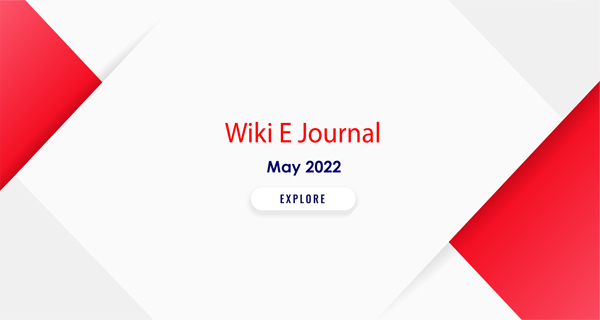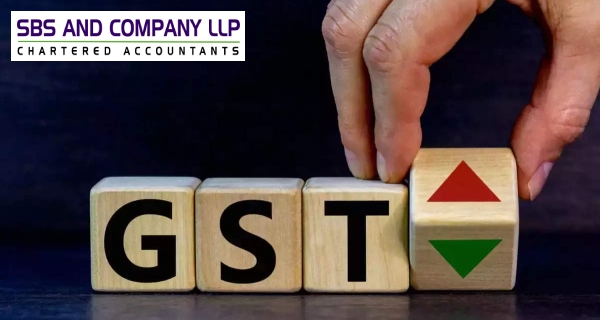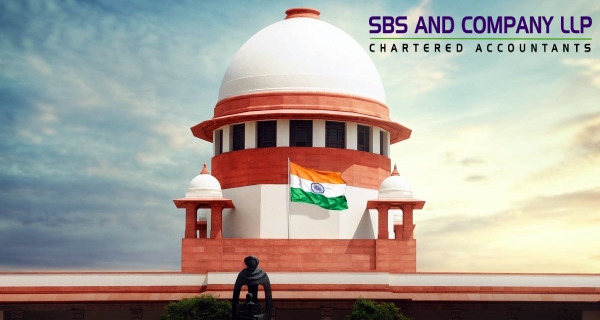In this 94th edition of ours, we bring you our inquisitive analysis on the judgment of Delhi ITAT in the matter of Young Indian. The story of Young Indian is quite popular and am saving your time from detailing the facts. The ITAT has made a detailed analysis of taxation of the value of assets under Section 28(iv) in the hands of Young Indian and a must read. Though the judgment deals with a total of 16 grounds, we have concentrated in the article, only the grounds that deal with the taxation. It would be as curious as any other commercial movie sequel as to what happens to the fate of tribunal’s decision in the higher courts. Let’s wait and see.
The next article is on the routine usage of the draconian powers under Section 83 of CT Act, 17. We have witnessed the usage of the Section 83 in a routine and absurd manner in one of our client’s cases, which is a large taxpayer. The Commissioner went ahead and issued a provisional attachment order attaching 6 to 7 bank accounts, without any basis in the middle of inspection proceedings, thereby creating hardship for the client. We have advised the client to file a writ petition and the matter is currently before the High Court. The same procedure is followed by authorities dehors the circular issued by CBIC, all over the country, which is evident from the judgments used in our article. The only way to restrict the powers under Section 83 is to amend it by incorporating certain conditions for its usage.








